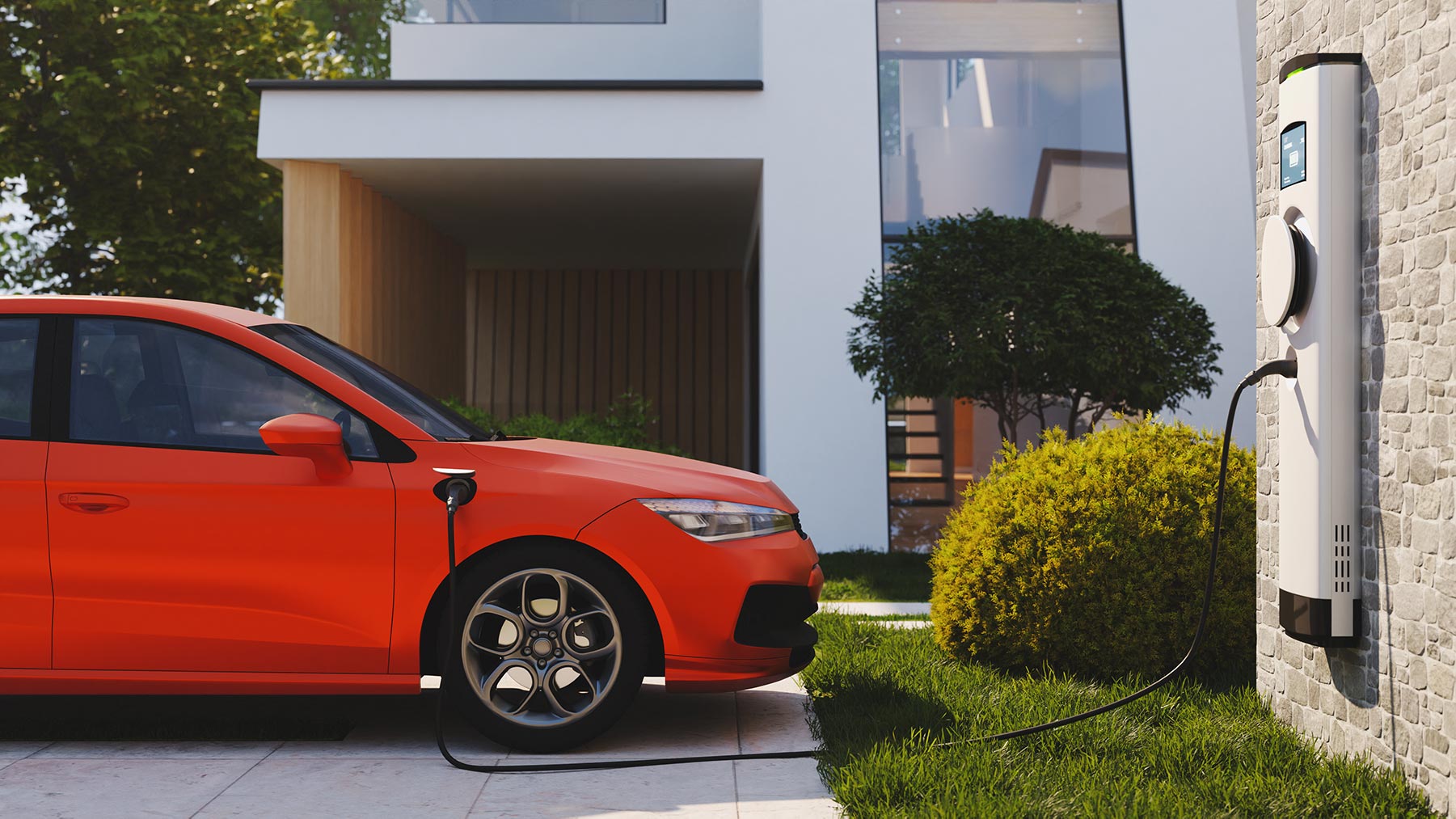beijingwalker
ELITE MEMBER

- Joined
- Nov 4, 2011
- Messages
- 65,187
- Reaction score
- -55
- Country
- Location
EVs to surpass two-thirds of global car sales by 2030, putting at risk nearly half of oil demand, new research finds
- Exponential growth in electric vehicle (EV) sales is transforming the auto sector faster than currently predicted, with EVs set to dominate global car sales by the end of the decade, putting at risk nearly half of worldwide oil demand, according to new analysis by RMI.
- Later-adopting countries, such as India and Israel, are now accelerating EV deployment at faster rates than the global average, meaning they have a chance to catch up with the front-runners, such as China, according to a separate analysis by Systems Change Lab.
- Leading markets have already crossed a tipping point, with the EU and China seeing battery electric vehicles cheaper to own than petrol and diesel cars in the small and medium-sized car segments, according to new research from the EEIST project.
- Battery electric vehicles are likely to cross a second tipping point, where their purchase price falls below that of an equivalent petrol or diesel car, as early as 2024 in Europe, 2025 in China, 2026 in the US, and 2027 in India, the EEIST analysis shows.
Ahead of Climate Week NYC, three separate pieces of research from RMI, Systems Change Lab, and the EEIST project highlight the speed and scale of the accelerating transition to EVs.
Global EV sales are on track to meet or outpace even the most ambitious net-zero timelines and could account for more than two-thirds of market share by 2030, following exponential growth trends, according to new analysis by RMI in partnership with the Bezos Earth Fund.
Combustion car sales peaked in 2017, and by the middle of the decade more will be scrapped than sold, meaning the overall fleet of combustion cars is about to peak and will be in freefall by 2030, the RMI research shows.
Following an ‘S-curve’* trajectory, already established by leading EV markets in Northern Europe and China, implies that global EV sales will increase at least sixfold by 2030, to enjoy a market share of 62% to 86% of new vehicle sales, the analysis shows. By contrast, current established projections see EVs reaching only around 40% market share by 2030, despite having been consistently revised higher to try and keep up with the exponential growth already underway.
As internal combustion cars account for around a quarter of global oil demand and broader road transport accounts for nearly half, the exponential growth of EVs puts all of that oil demand at risk. Oil demand for cars peaked in 2019 and will be falling by at least 1 million barrels per day (mbpd) every year after 2030, eliminating expected growth in oil demand for cars, according to the RMI forecasts.
The analysis reveals economics is now overtaking policy incentives as the core accelerant of EV sales, with falling battery costs leading the shift. RMI expects battery costs to halve this decade, from $151 per kilowatt hour (kWh) to between $60 and 90 per kWh. By 2030, falling costs will, for the first time, make EVs as cheap or cheaper to both buy and run as petrol cars in every market globally.
EV dominance in car sales will inevitably drive electrification across other forms of road transport, from two- and three-wheelers to heavy duty trucks.
China is on course for 90% EV sales by 2030, up from a third today, with a growing number of markets on similar ‘S-curves’ to hit up to 80% market share by the same date, as the race for EV supremacy speeds up, the research from RMI shows. China sold more EVs last year than the rest of the world combined, thanks to strong policy support. China dominates production of EVs, batteries, and other components, which is further driving down battery costs and making EV adoption easier all over the world.
Countries including China, the Netherlands, and Norway have already shown that it is possible to grow EV sales fast enough to meet climate goals, according to separate research released today from Systems Change Lab, an initiative convened by the World Resources Institute (WRI) and the Bezos Earth Fund. Now, a diverse range of countries are showing a similar pattern of exponential growth as EV sales in these countries quickly accelerate up an S-Curve once EV sales hit 1% of total car sales.
Later-adopting countries, such as India and Israel, are now seeing EV sales growth at faster rates than the global average due to falling costs and advancing technology, meaning they have a chance to catch up with the front-runners, the Systems Change Lab research shows. India’s all-electric vehicle sales tripled in one year from 0.4% to 1.5%, a feat that took the rest of the world three years, indicating the country is at the early stages of an S-curve trend.
A rapid shift in purchasing decisions is likely to occur once EVs become cheaper to buy than fossil-fuelled vehicles, according to a third, new body of research by Exeter University’s Economics of Energy Innovation and System Transition (EEIST) project. This purchase price-parity ‘tipping point’ is expected as early as 2024 in Europe, 2025 in China, 2026 in the US and 2027 in India for medium-sized cars, and even sooner for smaller vehicles. In China, lifetime costs of small EVs are already cheaper than their fossil-fueled equivalents. When both the costs of operation and purchase are accounted for, EVs are already cheaper to own than petrol or diesel cars in the EU and China, and the US will achieve the same within the next one or two years.
The EEIST project research also finds that coordinated international action, whereby the US, EU, and China align their regulatory trajectories so that all their new car sales are zero emissions by 2035, can bring forward this purchase-price parity tipping point by up to three years. This would not only benefit the transitions of the largest markets but would accelerate cost declines globally, enabling a faster transition for all. These three large markets have global impact, together accounting for 60% of the global car market.
Meanwhile, under the Accelerating to Zero Coalition, over 220 signatories to the zero emission vehicle (ZEV) declaration — which includes countries representing 12% of the global car and van market committed to 100% ZEV sales by 2040 globally and 2035 in leading markets — are helping to drive widespread progress through a shared pathway. Plus, over 100 corporate members of EV100 are helping to accelerate the transition and driving investment decisions at scale.
As we look ahead to COP28 Transport Day on December 6, 2023, more countries, companies, and regions are expected to announce shared pathways and target dates to phase out petrol-powered cars. With road transport alone accounting for around 10% of global emissions, the transport sector plays a critical role in meeting the goals of the Paris Agreement.

EVs to surpass two-thirds of global car sales by 2030, putting at risk nearly half of oil demand, new research finds - RMI
Exponential growth in electric vehicle (EV) sales is transforming the auto sector faster than currently predicted.
 rmi.org
rmi.org



